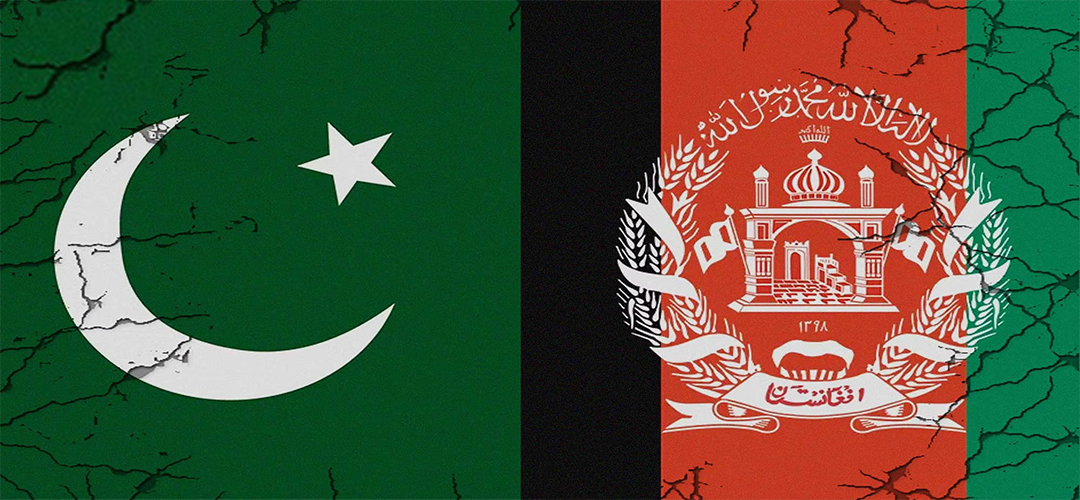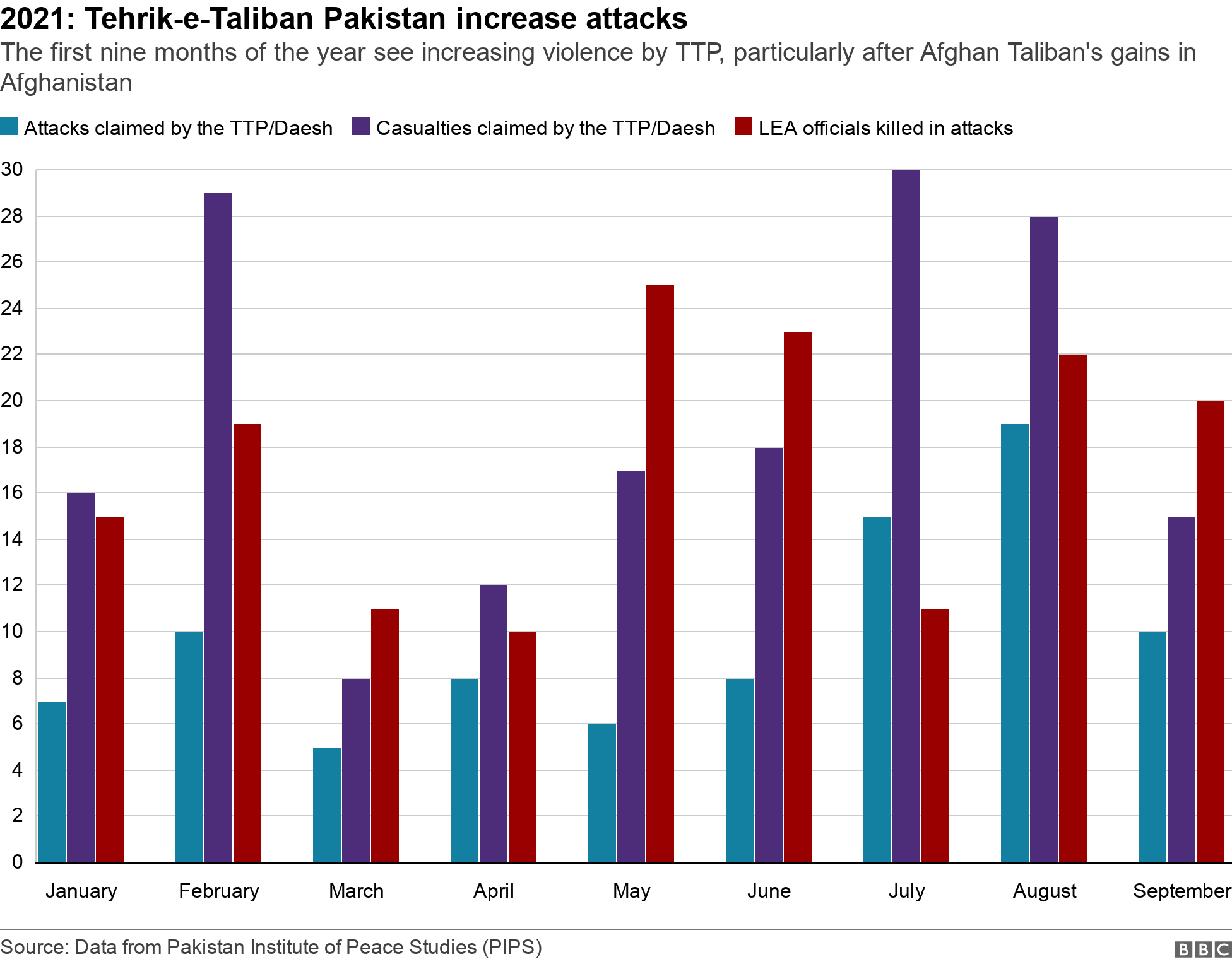Af-pak: a Marriage on the Rocks?
January 14, 2023 | Expert Insights

The Pakistani 'Establishment', a nom de guerre for the military-dominated security organ, has always prided itself on its Afghan policy. The surprisingly easy military and political victory of the Taliban in August last year, its protegee (now openly accepted by the Pakistani mainstream media), left its political and military elites smugly elated. Sadly, the euphoria was not to last very long as the Taliban, as is their wont, lost no time establishing their independence of thought, action and philosophy, irrespective of its illogical appearance to the rest of the world.
Background
Undoubtedly, Pakistan cannot afford to risk the enmity of its immediate neighbours in its West and the East. While one segment of the Establishment has always boasted of the strategic depth that its friendship with Afghanistan provides against a deep-cutting blow by the Indian military machine into its heartland, the larger issue is living with a politically disruptive and seemingly irrational regime in its backyard.
It is no secret that irrespective of their political convictions, any regime in Kabul is bent on laying claim to large segments of Pakistani territory on purely ethnic grounds. For Pakistan, the Pashtun divide ensures that the nightmare of partition is not over yet.
With current armed flare-ups along the disputed Durand Line between Pakistani border guards and the Taliban, and the eruption of an intense insurgency campaign by the TTP, clearly supported by Kabul, the orientation of the Taliban regime is becoming increasingly suspect in Pakistani eyes.

Analysis
The main question that needs to be asked is whether the Afghan Taliban has changed its colours vis-à-vis Pakistan. And if they have changed their strategic alignment, what do they hope to gain from it?
The Taliban 2.0 of today is not the same as the Taliban 1.0 of the past. The first version of the Taliban, while in control of Afghanistan, was entirely dependent on the Pakistani security establishment. This was because, at the time, it was still a new organisation and did not have the expertise or capabilities to function on its own without the backing of a major regional power. The Pakistanis also kept a tight leash on the Afghan Taliban during this period.
However, after 2001 things began to change slowly. The Taliban were sidelined from the political process in post-2001 Afghanistan and, as a result, had no choice but to take up an insurgency against the Western occupying forces. With Pakistan trying to appease the West, they became aware of the duplicitous nature of Islamabad's foreign policy. As they fought this insurgency for over twenty years, they developed the organisational framework to operate in Afghanistan and the capability to function independently of their eastern neighbour’s control. So, when the time came for the Afghan Taliban to seize power a second time, they had already decided to diversify their diplomatic portfolio by setting up contacts with China and Russia.
International pressure began to bear down on the Taliban soon after they came back to power. They are completely isolated in the world this time, unlike the last time, as no government has yet officially recognised them. This has been coupled with the growing pressure of the Afghan people on them as they seek to re-establish their harsh Islamic rule. Yet the Kabul regime had refused to blink or make any concessions to the international community, showing their confidence to deal with their predicament, a strategy that must have been preconceived even before they came to power!
The current behaviour of the Taliban should not come as a surprise; they have followed the playbook they had authored in their first avatar, especially their response when faced with internal turmoil and external pressure. Like any other ruling dispensation, whether authoritarian or democratic, an external enemy is always convenient to unite the population. And nothing unites Afghans of all political persuasions more than the border dispute along the Durand Line with Pakistan, which no Afghan government has ever accepted as legitimate, including the Taliban. Along with this, the Afghan Taliban has also re-established their links with the Pakistani Taliban, which had fallen by the wayside over the last twenty years. The Pakistani Taliban seeks to establish a regime in Pakistan identical to the one in Afghanistan.
This breakdown in the relationship between the two former allies poses a huge question for Pakistan's "strategic depth" in Afghanistan. The Pakistani Establishment has few cards left to play in Afghanistan. It is suspected that to build pressure on the Taliban, the Establishment is not above supporting the Islamic State of Khorasan Province (ISKP). But apart from a few bomb blasts, this has yet to pose any serious challenge to the Afghan Taliban. Pakistani ISI has mastered the art of manipulating conflicts between disparate armed groups to its advantage, and the fight between the Afghan Taliban and ISKP could well provide it with suitable leverage to influence the Kabul regime. Moreover, India should be worried if the TTP or the ISKP are presented as potential threats to the West, thus extracting military and economic aid from the gullible U.S., always prone to machinations by the Pakistani Establishment.
This is an extremely critical moment for countries in the region, especially India. While it welcomes the movement of the Afghan Taliban away from Pakistan, it also does not want any conflict along the Durand Line. At the same time, it cannot support the present dispensation in Kabul while it is completely diplomatically isolated from the rest of the world. So New Delhi has to adopt a wait-and-watch approach with respect to the ongoing tensions between Afghanistan and Pakistan before taking any action.
Assessment
- Geopolitically, Pakistan appears in a much-weakened condition vis a vis its primacy in Afghan affairs. It is surprising how within such a short period, which could be indicative of the shallowness of its foundation. However, it would be premature to write off Islamabad's influence in Kabul.
- Any conflict between Afghanistan and Pakistan now will worsen the Afghan refugee crisis, which has already negatively impacted the region and Europe. Instability in the tribal border regions of Pakistan could also result in the social implosion of the country.








Comments